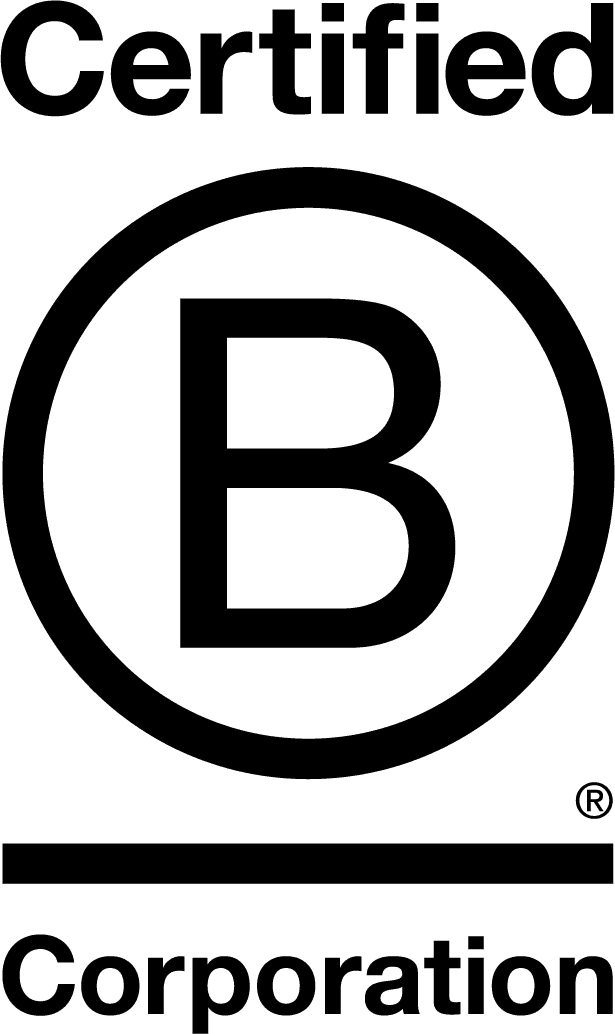

Edgbaston Park Hotel and Conference Centre

1.6
Birmingham, United Kingdom
April 2025
Accommodation
Service with Significant Environmental Footprint
United Kingdom
Edgbaston Park Hotel and Conference Centre is a contemporary, award-winning hotel in Birmingham, nestled in leafy Edgbaston. Owned by University of Birmingham, we offer a peaceful retreats and first-class conference and event facilities just two miles from Birmingham city centre. Since opening in 2018, we’ve been on a mission to lead the way in sustainable hospitality, reducing environmental impact and embracing greener ways of working. As a zero-waste-to-landfill venue, we’ve embedded eco-conscious practices throughout our operations. These include switching to canned drinks to cut glass waste, implementing a new waste management system for guests, using refillable, eco-friendly toiletries in all bedrooms, and removing single-use plastic condiments. We’re passionate about protecting biodiversity too. We own two beehives in Bath, and their honey features in our signature Bee’s Knees dessert at the 1900 Restaurant. Across our menus, CO2e-rated dishes help guests make eco-conscious dining choices, while the 1900 Bar offers vegan wines, alcohol-free drinks, and B Corp-certified soft drinks. Our mission is to protect and sustain our local and global environment for future generations. We take this responsibility seriously and continually evolve our daily operations to keep sustai
Overall B Impact Score
Governance 9.2
Governance evaluates a company's overall mission, engagement around its social/environmental impact, ethics, and transparency. This section also evaluates the ability of a company to protect their mission and formally consider stakeholders in decision making through their corporate structure (e.g. benefit corporation) or corporate governing documents.
What is this? A company with an Impact Business Model is intentionally designed to create a specific positive outcome for one of its stakeholders - such as workers, community, environment, or customers.
Workers 24.1
Workers evaluates a company’s contributions to its employees’ financial security, health & safety, wellness, career development, and engagement & satisfaction. In addition, this section recognizes business models designed to benefit workers, such as companies that are at least 40% owned by non-executive employees and those that have workforce development programs to support individuals with barriers to employment.
Community 37.6
Community evaluates a company’s engagement with and impact on the communities in which it operates, hires from, and sources from. Topics include diversity, equity & inclusion, economic impact, civic engagement, charitable giving, and supply chain management. In addition, this section recognizes business models that are designed to address specific community-oriented problems, such as poverty alleviation through fair trade sourcing or distribution via microenterprises, producer cooperative models, locally focused economic development, and formal charitable giving commitments.
What is this? A company with an Impact Business Model is intentionally designed to create a specific positive outcome for one of its stakeholders - such as workers, community, environment, or customers.
Environment 11.5
Environment evaluates a company’s overall environmental management practices as well as its impact on the air, climate, water, land, and biodiversity. This includes the direct impact of a company’s operations and, when applicable its supply chain and distribution channels. This section also recognizes companies with environmentally innovative production processes and those that sell products or services that have a positive environmental impact. Some examples might include products and services that create renewable energy, reduce consumption or waste, conserve land or wildlife, provide less toxic alternatives to the market, or educate people about environmental problems.
Customers 1.9
Customers evaluates a company’s stewardship of its customers through the quality of its products and services, ethical marketing, data privacy and security, and feedback channels. In addition, this section recognizes products or services that are designed to address a particular social problem for or through its customers, such as health or educational products, arts & media products, serving underserved customers/clients, and services that improve the social impact of other businesses or organizations.